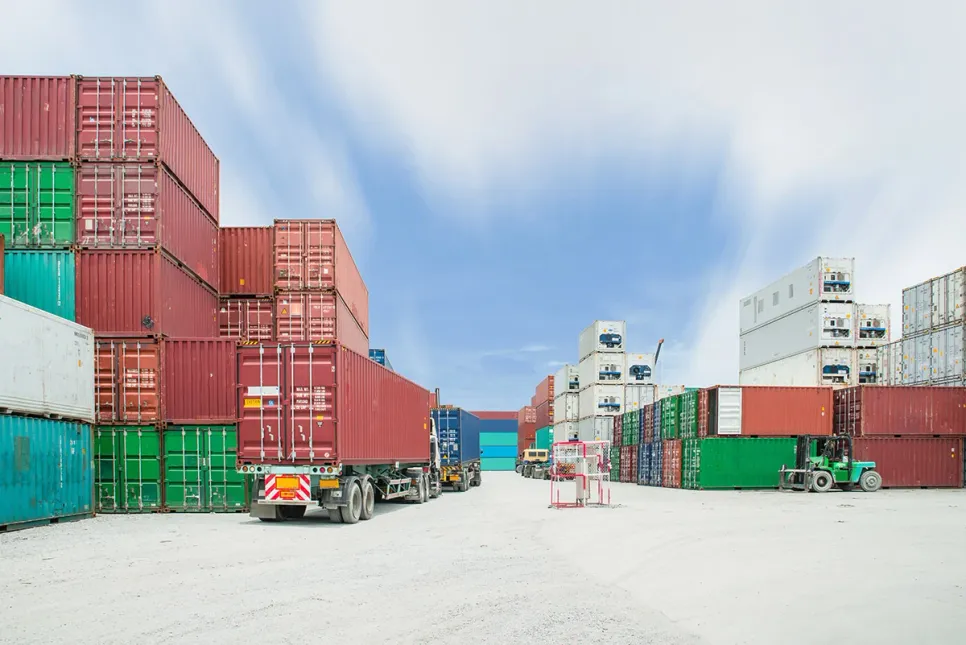Travel eSIM Users to Grow 440 Percent Over the Next 5 Years
According to a new study from Juniper Research, the global number of travel eSIM users will grow from 40 million in 2024 to over 215 million by 2028.

In 2021, many logistics companies continued to suffer from the pandemic and international delivery problems. Nevertheless, the sector remains the leader among German medium-sized companies in terms of digitization.
This is the conclusion of the representative study by Deutsche Telekom and the analyst firm techconsult. The economic constraints in logistics slowed the high pace of digitization from the previous year: The index score fell by one point. At 65 out of a possible 100 points, however, it is still well above the cross-industry average of 59 points. After investing comparatively little in IT security and data protection in 2020, companies are now investing heavily in this area.
"87 percent of companies in the logistics industry will continue investing in their digitalization. The need to react faster and faster while at the same time complexity is increasing, whether due to covid-19 lockdowns, container congestion, or changing purchasing behavior, makes digitization more necessary than ever. Comprehensive supply chain management solutions including real-time monitoring and evaluations such as track and trace of containers or networked pads in the fleet service area help here," says Thomas Spreitzer responsible for business customer sales at Telekom Deutschland.
The logistics industry now uses digital technologies in almost all areas of activity or plans to do so within the next 12 months. Systems for warehouse management (62 percent) and tools for digital fleet management (61 percent) are particularly popular, for example. So are digital signatures, which electronically document the transfer of goods with a certificate, for example (26 percent). Digital solutions also support remote work in the area of administration and organization: after the pandemic, communication technologies for seamless collaboration on the computer will be part of everyday working life at more than three-quarters of companies.
Messenger services and video conferencing, for example, are enabling logistics companies to increasingly allow their employees to work from wherever they choose (62 percent). The proportion of working time spent in the home office is expected to increase after the pandemic - by ten percent. This can also have a positive impact on companies' carbon footprint. It eliminates the need to travel to the company. Overall, environmental sustainability plays an important role for 70 percent of companies. A quarter uses their already deployed IoT solutions for predictive maintenance and servicing of machines.
However, investments in IoT applications are not the top priority. First, the industry wants to rely more on digital tools for collaboration and ensure more IT security. For close to three-quarters of companies, cybersecurity remains a priority in 2022. To fill their budget pots, companies could make use of public funding. Nevertheless, only a quarter have used this option so far; 42 percent do not know about it. Companies that are aware of this option but do not make use of it complain above all about a lack of orientation when selecting funding programs (31 percent). They also complain about the high level of bureaucracy and the fact that the program does not suit their own digitization project (22 percent each). Almost a quarter (22 percent) also need external support to find and apply for the right funding program.